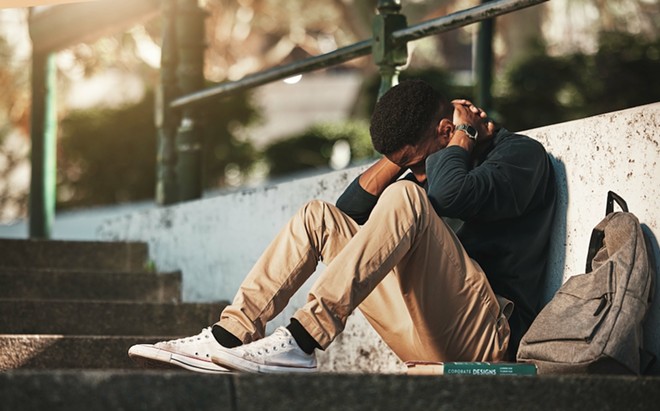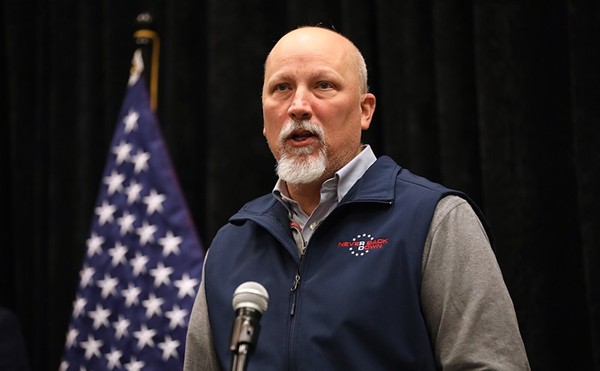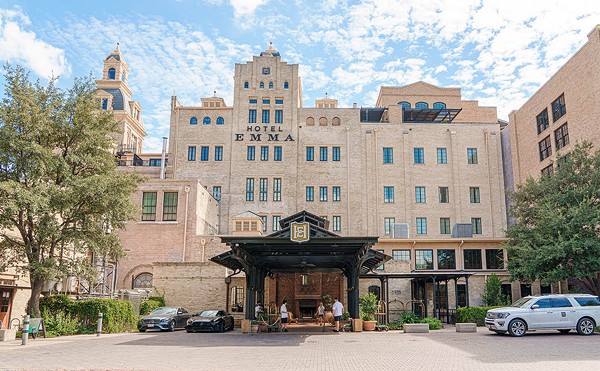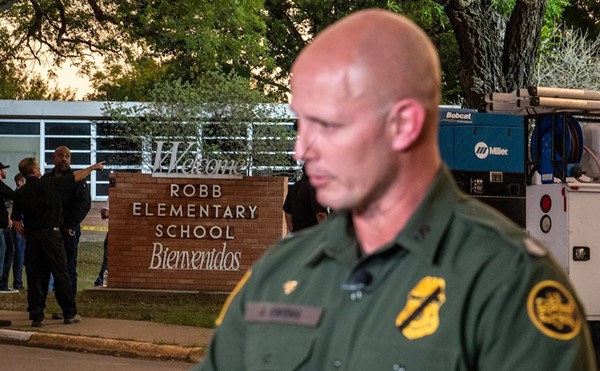
The obstacle Texas students face in getting care is the lack of an available workforce in mental health, the analysis by addiction treatment facility Origins Recovery found. The behavioral-health researchers crunched numbers from the U.S. Substance Abuse and Mental Health Services Administration (SAMHSA) and rankings from Mental Health America.
“This ranking comes as many students have moved away from home and are settling into college life, which for many, is the first time they have lived independently, without their usual support network,” the study’s authors said in a written statement. “The anxieties of a new place and new people, the stress of college work, and the culture of drinking and partying can worsen the mental health of students, and so access to the right support is crucial.”
Texas placed second-to-last to Arizona in mental health workforce availability, which the study identified as the biggest problem to access, alongside one in five Texans not having insurance. What's more, even more Lone Star State residents have insurance that doesn’t cover or inadequately covers mental health treatment.
Massachusetts ranked first in the study, largely on the strength of its mental health workforce, which has a ratio of one mental health provider for every 140 residents.
“While it’s reassuring to see states like Massachusetts ... providing accessible and affordable healthcare for patients with mental health conditions, it’s concerning to see how poor the accessibility is on a national scale — especially for particularly vulnerable members of society like youths with severe disorders," said Thomas Isbell, co-founder and CEO of Origins Recovery, which has treatment facilities in South Padre Island as well as operations in Harlingen and Dallas.
“The states who are underperforming need to prioritize reform to support the members of society who are struggling with their mental health. Our analysis also shows that 15.35% of adults in the United States suffer from a substance use disorder, and 93.5% of those patients have not received treatment, which is unacceptable,” Isbell added.
Other states joining Texas in the bottom 10 states include Georgia, Alabama, Florida, Kansas, Arizona, West Virginia, South Carolina, Indiana and Hawaii. The top ranked states behind Massachusetts are Montana, Illinois, Vermont and South Dakota.
“Access to mental health services is crucial for students to help combat substance use disorder and reintegrate young people successfully back into society. We therefore hope to see a significant improvement in accessibility over the coming years,” Isbell said.
Subscribe to SA Current newsletters.Follow us: Apple News | Google News | NewsBreak | Reddit | Instagram | Facebook | Twitter| Or sign up for our RSS Feed
















